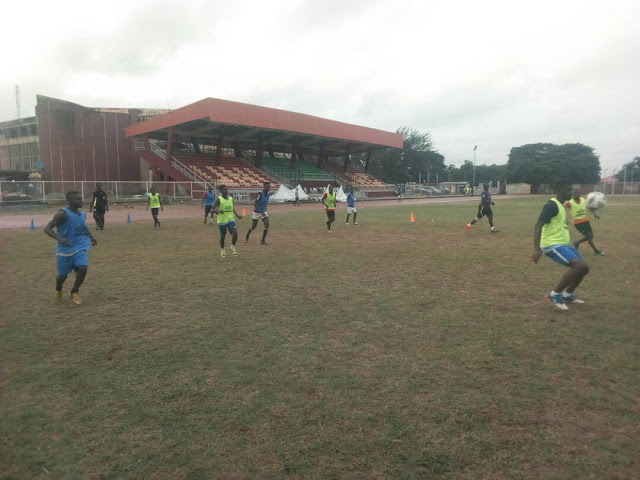PIONEERS OF HEALTH EDUCATION IN NIGERIA

Last Updated: April 28tth, 2022 The following individuals all contributed significantly to health education in the country through research, teaching and training of health educators and professionals across Nigeria. Some of the pioneers of health education in Nigeria includes; 1. Z.A. Ademuwagun 2. J.A. Ajala 3. C.O. Udoh 4. O. G. Oshodin 5. A.F.A Folawiyo 6. I. Owie 7. O.C. Nwana 8. G.B.I. Onuha 9. J.O. Adeniyi 10. J. Fawole Former Lagos State Governor, Mr. Babatunde Fashola SAN (right) presenting a souvenir to Professor Osayuki Godwin Oshodin (left) during a courtesy call on the Governor at the Lagos House, Ikeja, in 2013. 1. Z.A. Ademuwagun: Born in 1934 Ademuwagun, Zacchaeus Akingbade (B.A., Ed.D., M.P.H.) is regarded as a pioneer in health education in Nigeria. He has written numerous books and published relevant articles relating to health education around the world. Some of his works includes; African Therapeutic System (1979), National and traini...







